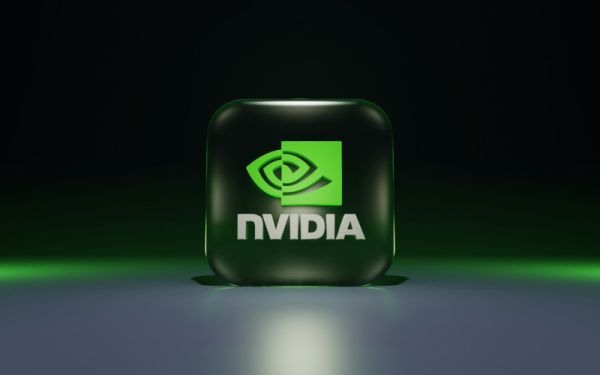NVIDIA has warned developers against using CUDA on third-party GPUs. The company is trying to fend off competitors, and its actions underscore the challenges China faces in developing its own chips for artificial intelligence systems. However, the true reason may not be related to this.
With the release of CUDA 11.6, NVIDIA updated its licensing agreement, cautioning developers against using this technology on third-party GPUs with 'translation layers' that convert one code to another. The manufacturer emphasized that reverse engineering, decompilation, or disassembly of the SDK with its translation to platforms other than NVIDIA is prohibited.

Chinese GPU manufacturer Moore Threads stated that its MUSA/MUSIFY solutions are not related to CUDA, and the updated NVIDIA policy does not affect users of its products. Supplier Biren Technology noted that its BIRENSUPA technology was developed independently and will also not be affected by NVIDIA's actions.
NVIDIA itself identified Huawei as one of the main competitors in the AI chip sector. Huawei offers its own neural network architecture, CANN, which is still in the early stages of development and lags behind CUDA in user adoption. Chinese media believe that NVIDIA's updated policy may not be aimed at company competitors but at the open ZLUDA platform. CUDA is a closed-source platform that has never been formally allowed to be used on third-party hardware, and NVIDIA has merely reinforced this position. This was done after AMD stopped funding the ZLUDA project, and the developer made it open source. AMD and Intel provide the ROCm and OneAPI platforms, respectively.






